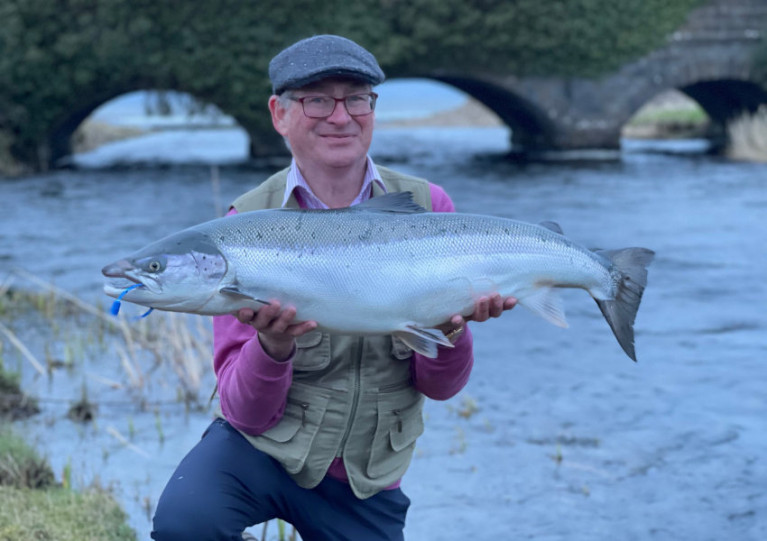Displaying items by tag: Drowse Fishery
Drowse Fishery Sees First Specimen Salmon Caught in 36 Years
The River Drowse’s first specimen salmon in 36 years has been caught and recorded, as Derek Evans writes in The Irish Times.
Seamus O’Neill from Ballyshannon was the lucky angler to lure the 25lb salmon last Monday (2w February) at the Old Sea Pool in the Drowse Salmon Fishery, which lies on the Donegal-Leitrim border.
The last salmon of comparable size caught on the River Drowse was a 35lb 8oz specimen landed in 1985, says the fishery’s proprietor Shane Gallagher — who was nine years old at the time.
The Irish Times has much more on the story HERE.
Local angler Seamus O’ Neill landed a specimen fish of just over 25lbs shortly after 5pm this evening.The cock fish took a black flying c from the Old Sea Pool. The fish was deeply hooked and after a 35 minute battle was unable to be revived. Scale samples have been sent to IFI. pic.twitter.com/jxh9wI0dYW
— Drowes Fishery (@DrowesFishery) February 22, 2021
























































